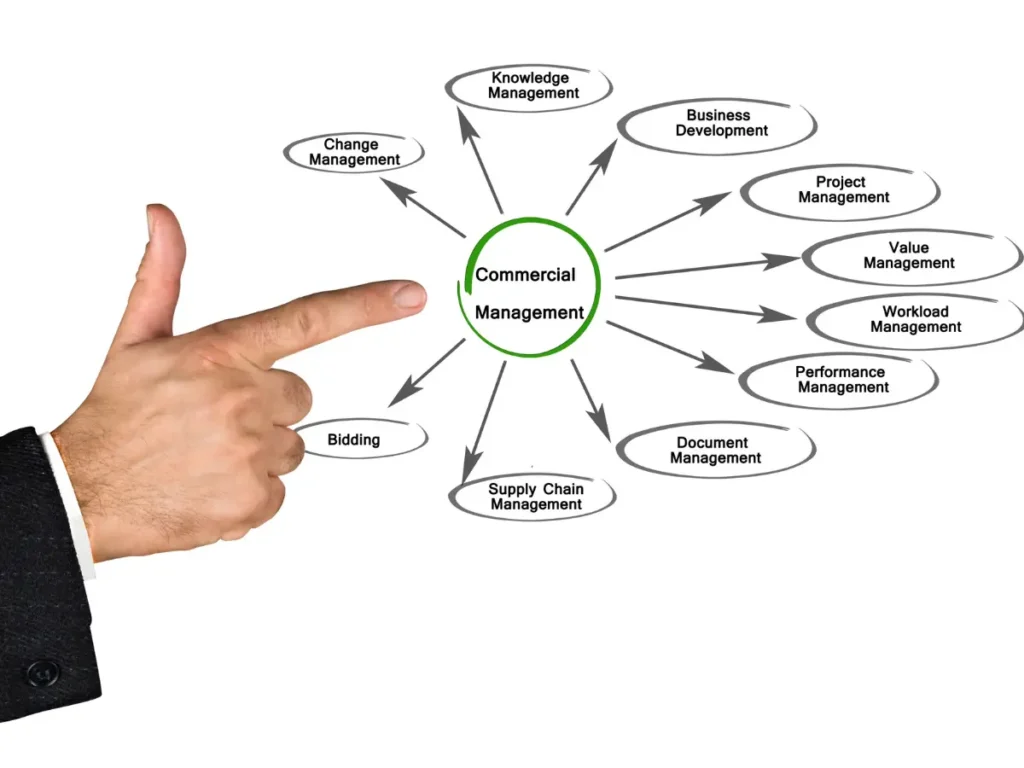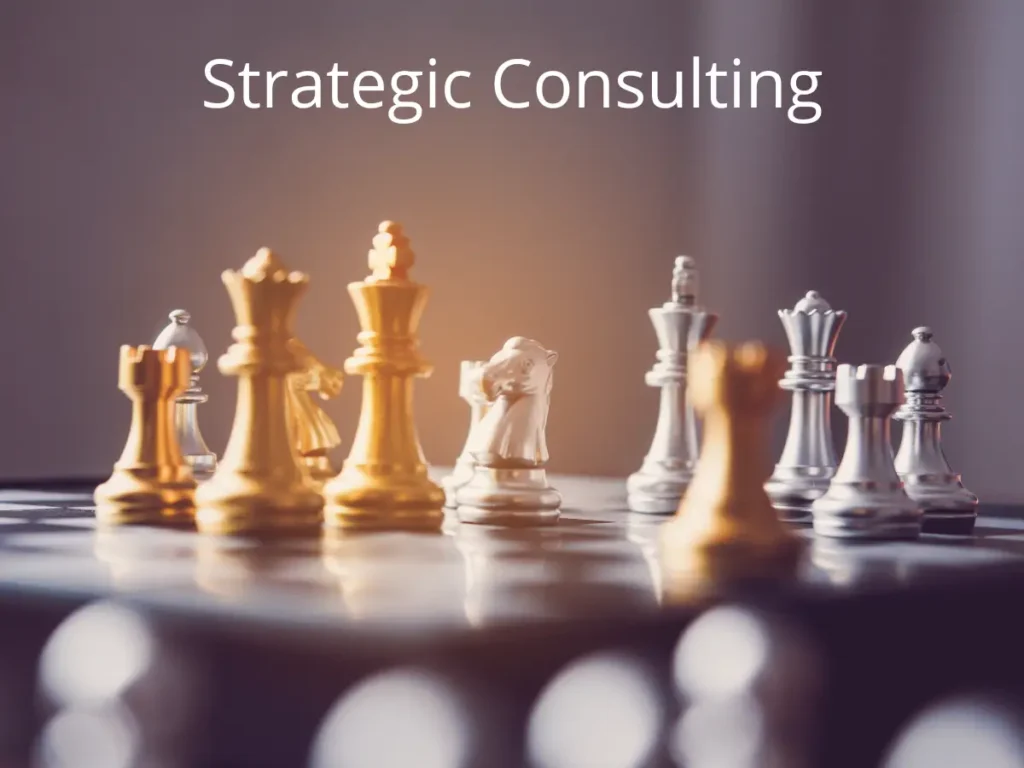Introduction
An effective marketing strategy is crucial for any business looking to expand its market and increase its revenue. Business leaders must understand that a good marketing strategy not only attracts new customers but also retains existing ones, thereby optimizing the customer lifecycle. This article will delve into the key elements of a successful marketing strategy, providing business leaders with the tools necessary to implement tactics that drive growth and profitability.
What is a Marketing Strategy?
A marketing strategy is a comprehensive plan that defines how a company will attract, convert, and retain customers. This plan includes a series of coordinated tactics and actions focused on promoting products or services to achieve the company’s specific business objectives. The marketing strategy should be aligned with the company’s vision, mission, and values and be adaptable to market changes and customer needs.
Importance of Marketing Strategy
For business leaders, the marketing strategy is crucial for several reasons. First, it provides a clear roadmap for all marketing and sales activities, ensuring that all efforts are aligned and consistent. Second, it allows for better resource allocation by identifying the most effective tactics to achieve desired goals. Third, it helps measure and evaluate the performance of marketing activities, enabling real-time adjustments and optimizations.
Key Elements of a Marketing Strategy
1. Market Analysis
The first step in developing a marketing strategy is conducting a thorough market analysis. This includes researching and understanding the target market, identifying customer needs and preferences, and analyzing competitors. This analysis provides valuable insights that guide decision-making and ensure that marketing tactics are relevant and effective.
2. Objective Setting
Setting clear and specific objectives is essential for the success of any marketing strategy. Objectives should be SMART (Specific, Measurable, Achievable, Relevant, and Time-bound) and aligned with the company’s overall goals. These objectives will guide all marketing and sales actions, providing a clear direction and framework for measuring success.
3. Market Segmentation
Market segmentation involves dividing the total market into smaller, homogeneous segments that share similar characteristics. This allows the company to focus marketing efforts on the most promising segments and tailor messages and tactics to better meet the needs of these groups. Effective segmentation improves the efficiency and effectiveness of marketing activities.
4. Positioning
Positioning refers to how the company wants its products or services to be perceived by the target market compared to competitors. An effective positioning strategy highlights the unique advantages and benefits of the products or services, creating a favorable image in the minds of consumers. Clear and differentiated positioning is crucial for capturing and retaining customer attention.
5. Marketing Mix (4Ps)
The marketing mix, or the 4Ps (Product, Price, Place, and Promotion), is an essential component of any marketing strategy. Each of these elements must be carefully planned and coordinated to ensure that the product or service is marketed effectively.
– Product: Clearly define the features, benefits, and differentiators of the product or service.
– Price: Establish a pricing strategy that reflects the perceived value and is competitive in the market.
– Place: Determine the most effective distribution channels to reach the target market.
– Promotion: Develop promotional tactics that effectively communicate the value of the product or service to the target market.
6. Digital Strategies
In the digital age, a marketing strategy must include digital tactics to maximize the company’s visibility and reach. This includes social media marketing, SEO (Search Engine Optimization), SEM (Search Engine Marketing), email marketing, and content marketing. Digital strategies enable precise targeting and offer advanced analytics tools to measure performance and optimize campaigns in real-time.
7. Personalization and Customer Experience
Personalization and improving the customer experience are critical components of a modern marketing strategy. Today’s consumers expect personalized and relevant interactions with brands. Using data and analytics to personalize communications and deliver exceptional experiences can differentiate a company from its competitors and build long-term loyalty.
8. Measurement and Analysis
A successful marketing strategy must include methods to measure and analyze the performance of marketing activities. This involves using KPIs (Key Performance Indicators) to assess campaign success and make necessary adjustments. Marketing analytics provide valuable insights into customer behavior, tactic effectiveness, and return on investment, enabling informed and timely decision-making.
9. Innovation and Adaptability
The business and marketing environment is constantly changing, so a marketing strategy must be innovative and adaptable. This means being open to new ideas, testing new tactics, and being willing to adjust the strategy based on market trends and customer behavior. Continuous innovation and adaptability are crucial for remaining competitive and relevant.
10. Business Consulting
Business consulting plays a vital role in developing and implementing an effective marketing strategy. Business consultants provide an external and objective perspective, as well as specialized expertise and knowledge. They can help identify opportunities, solve problems, and optimize marketing tactics to maximize impact and results. Business consulting is especially valuable for business leaders seeking informed and strategic decision-making.
Conclusion
A well-designed and executed marketing strategy is essential for the success and growth of any company. Business leaders need to understand the key elements of a marketing strategy, from market analysis and objective setting to implementing digital tactics and measuring performance. Business consulting can provide the support and guidance needed to develop a marketing strategy that drives growth and profitability.
At Artibus Consulting, we offer specialized business consulting services to help companies develop and execute effective marketing strategies. Our team of experts works closely with business leaders to identify opportunities, solve challenges, and maximize results. Contact us today to discover how we can help you transform your marketing strategy and take your business to the next level!












